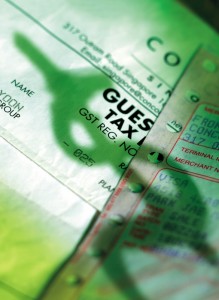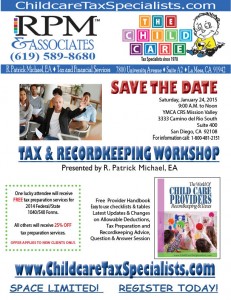*Practice Makes Perfect* and *Expect The Unexpected*
It’s true. From playing the piano to changing a tire… there is usually a direct correlation between how often you do a task, and how well you do it. Rehearsal. Practice. (I’m also convinced that is what adds to the angst taxpayers feel when April 15 comes around. It is something most only do once a year, so it’s understandable to think, “am I doing this right?” which is why you should always use a professional tax preparer- just to be sure.) The more often you do something, the greater the ease and confidence.

The same applies to children and your current level of preparedness for an emergency. How often do you set aside time to rehearse the orderly steps and actions these children will need to take in an emergency when they are in your care? You want it to become automatic for them. The weather and life-changing events that are taking place in the world make planning for emergencies a must.
Engage children by asking them to share what their “home plan” is like (in a child’s words). If a child says they don’t know – or don’t have one … it would be a great opportunity to include the parents in the exercise. Help them put a family plan together. Tell them what your *plans* consist of so they will know what to do or where to go to get their children.
Recently we wrote about the FEMA children’s disaster preparedness handbook – and encourage anyone who works with children to get it – and share its information. The workbook covers pets, and other things that are important to a child that a parent might not consider and not include. Ask a child to identify the one thing that they would want to have with them if they had to leave in an emergency. Make note of it.
The FEMA handbook is done in black and white glossy, and they encourage copies to be made. If you have a copy of the handbook to give parents who haven’t made up a family emergency plan – there is a greater likelihood they will use it.
If an emergency were to take place on a field trip – TOMORROW – do you and your children have a plan? Do the children know exactly what they need to do if accidentally separated? Do you select a single – DISTINGUISHABLE – location and call it “home base” ? Do your parents know how you would handle an emergency situation if you were on a field trip?
When I was child, we rehearsed emergency exiting off school buses. Row by row. We learned how to kick out windows, how to help others that are injured. We rehearsed it over and over again until graduation. Why? Because it saves lives. The workbook gives you different scenarios; earthquakes, fire, floods, tornadoes … and creative ways to educate the children in your care so they know what to do, and are less likely to panic. They get a sense of order and control in a scary situation.
Also, *rehearse* at different times and days. Alternate morning and afternoon. It will increase their retention because it is unexpected. It will also let you know if there are any holes in your plans.
 Don’t Guestimate Your Taxes
Don’t Guestimate Your Taxes Don’t forget to register to attend our Tax & Recordkeeping Seminar on January 24. Details for registration here.
Don’t forget to register to attend our Tax & Recordkeeping Seminar on January 24. Details for registration here.
